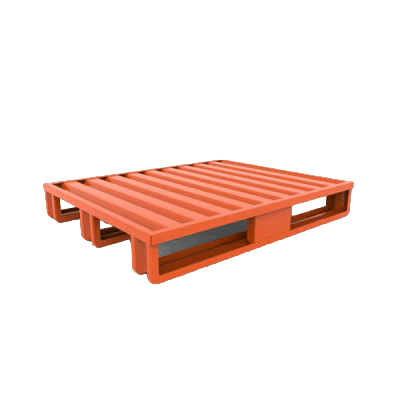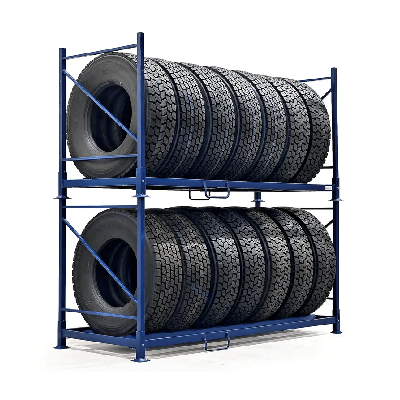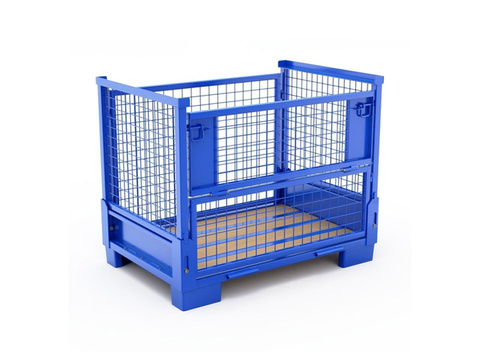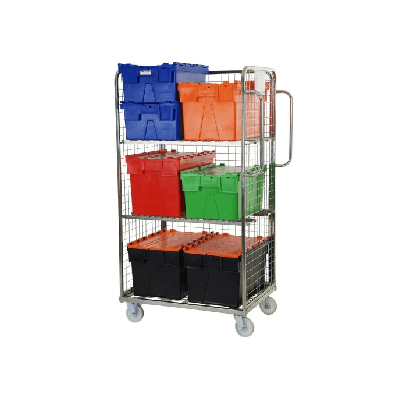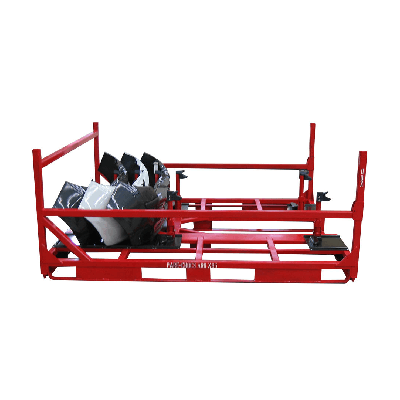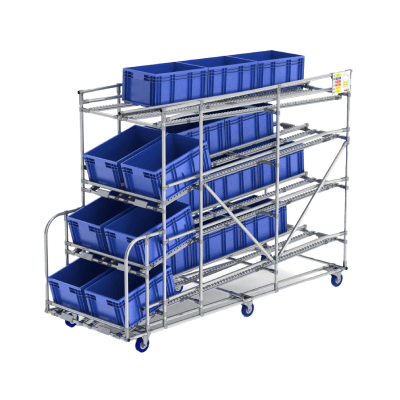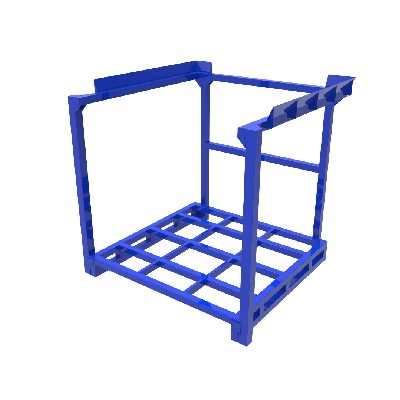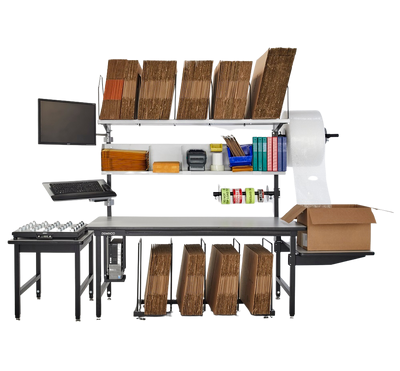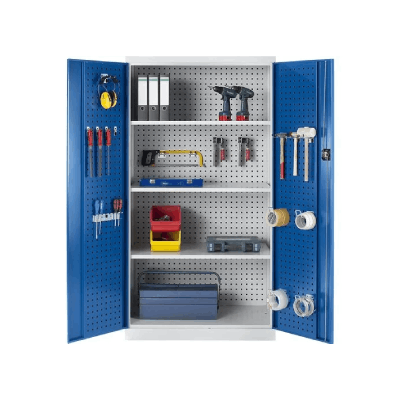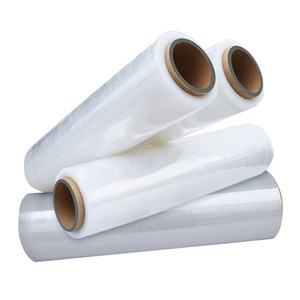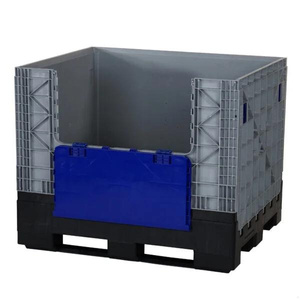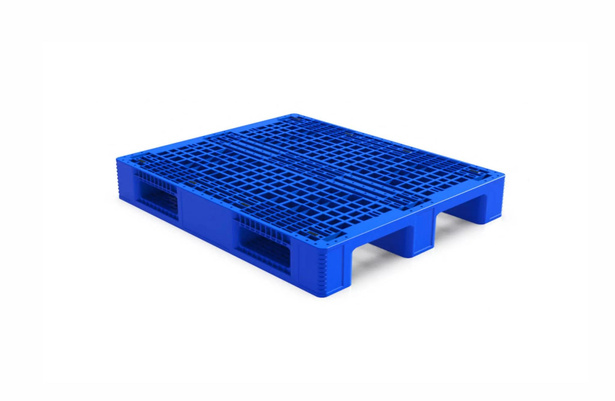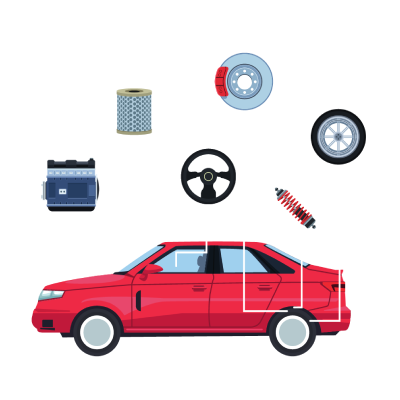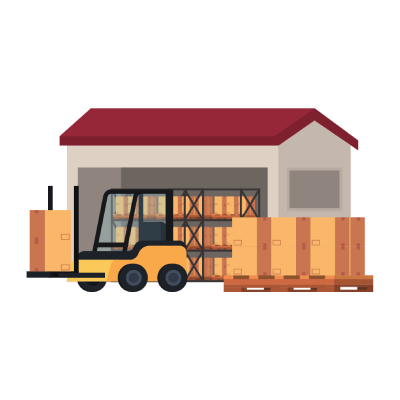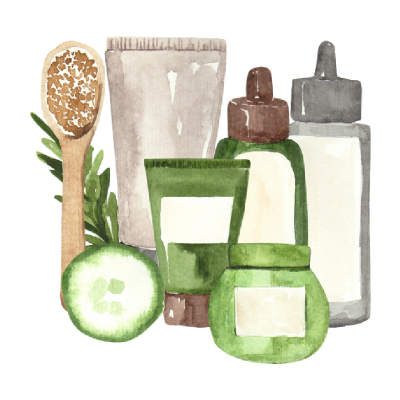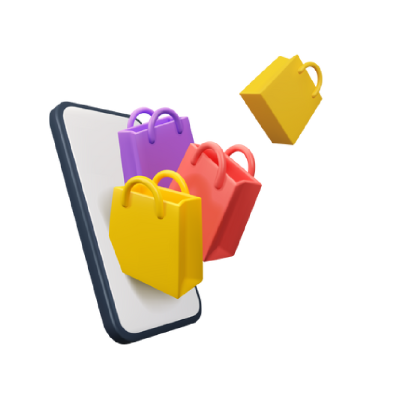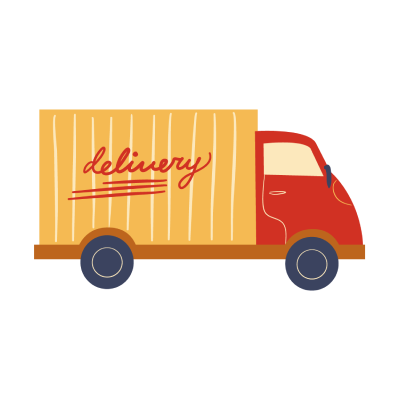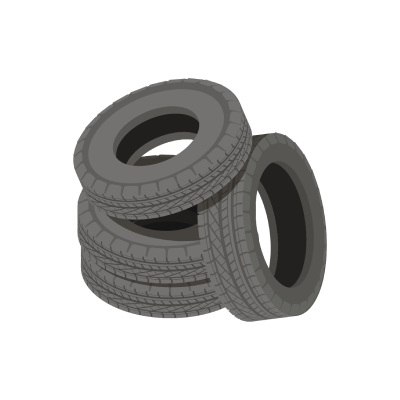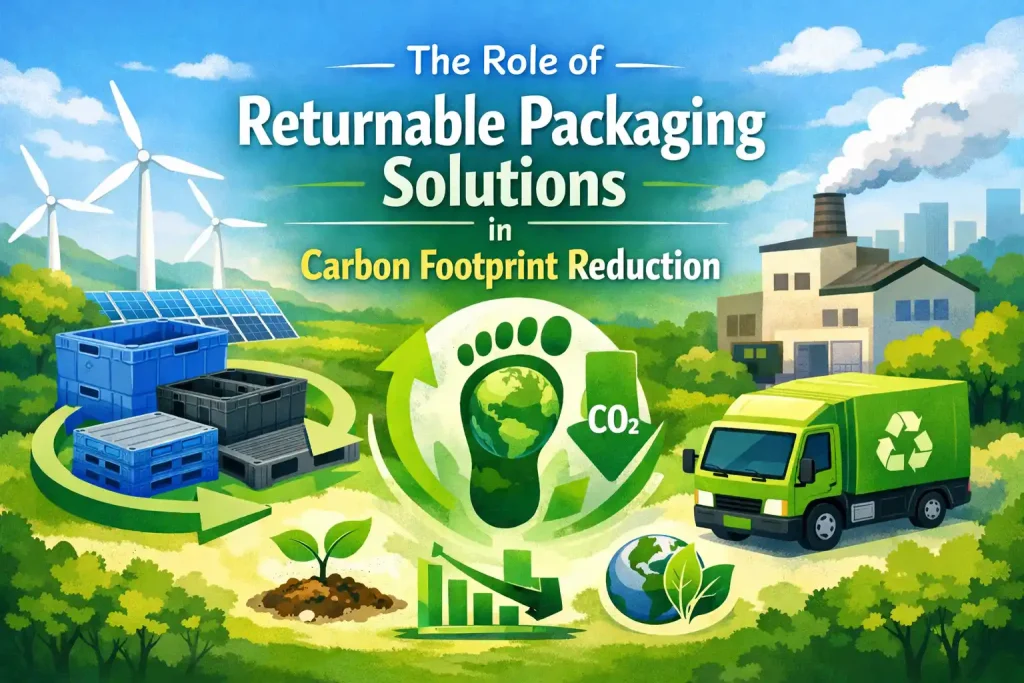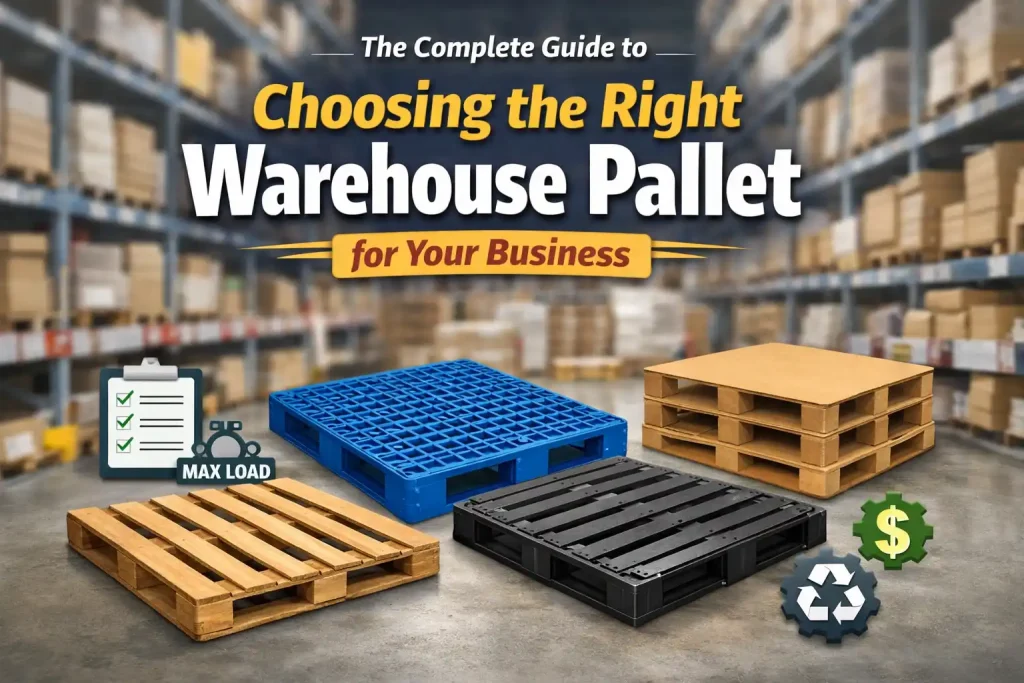In industries such as manufacturing, logistics, and warehousing, efficiency and safety are paramount. Material handling equipment, especially trolleys, plays a crucial role in ensuring smooth operations. Choosing the right Material Trolley Manufacturer can impact your workflow, productivity, and even long-term operational costs. With a wide array of suppliers in the market, finding the perfect match requires careful consideration of quality, pricing, durability, and after-sales service.
This guide walks you through the essential factors to consider so you can make an informed decision that supports your business’s growth.
Table of Contents
Toggle1. Understand Your Specific Needs
Before approaching any manufacturer, define exactly what you need. Platform trolleys, cage trolleys, shelf trolleys, and drum handling trolleys are among the many types of material trolleys available.
Ask yourself:
- What type of materials will the trolley carry?
- How heavy will the loads be?
- Will it be used indoors, outdoors, or both?
- Does it require specialized features such as foldable handles, anti-static wheels, or stainless-steel frames?
By knowing your requirements in detail, you can communicate effectively with potential suppliers and avoid buying trolleys that are either under- or over-specified.
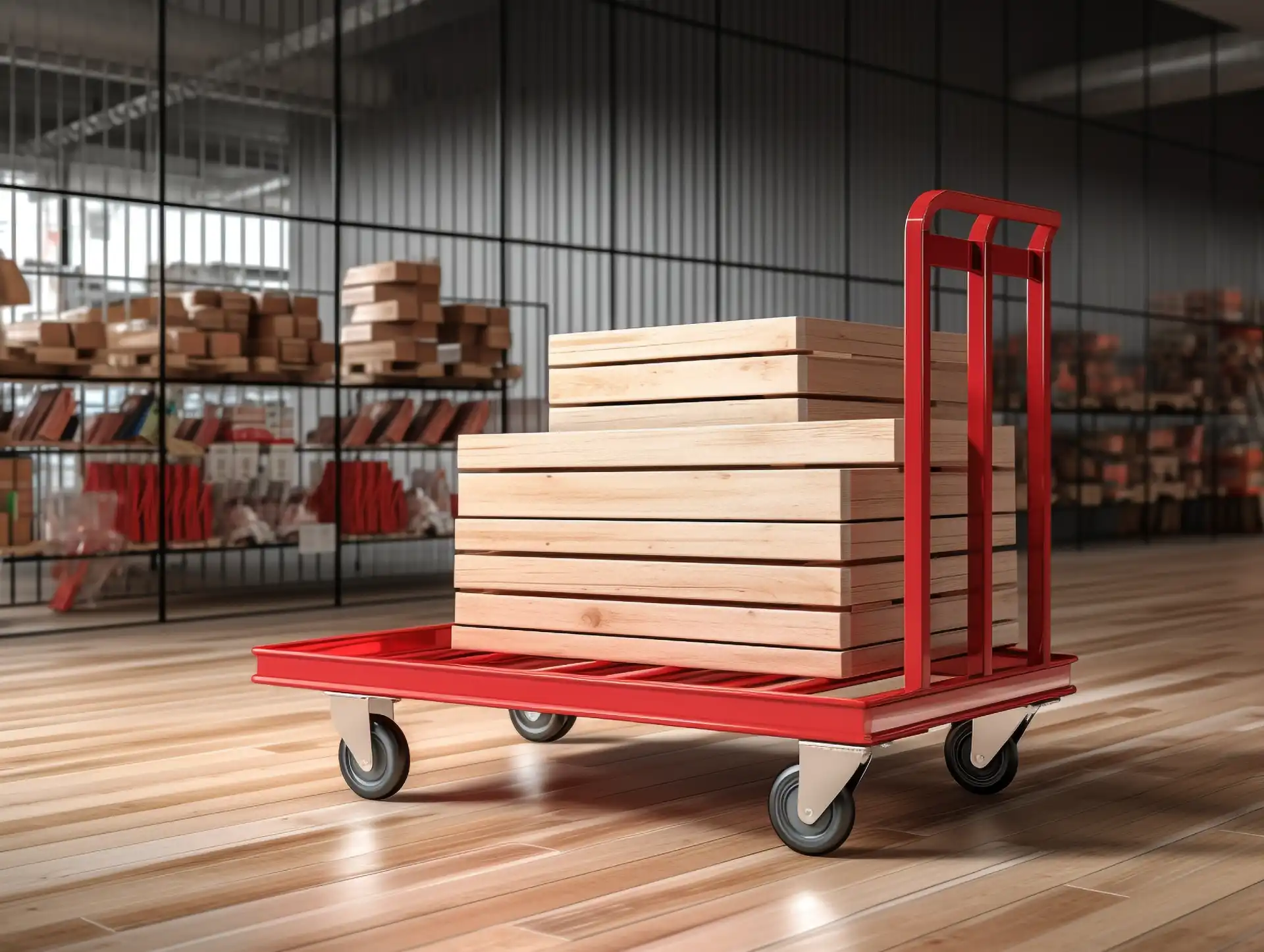
2. Assess the Manufacturer’s Experience and Reputation
Experience matters when it comes to manufacturing durable, high-performance trolleys. A seasoned manufacturer will understand industry challenges and be able to recommend solutions tailored to your needs.
Key steps to assess credibility:
- Check the company’s history and years in operation.
- Look for case studies, past projects, or testimonials.
- Read independent reviews on trusted business directories.
- Verify if they have worked with businesses similar to yours.
Reputation is a direct reflection of product quality and customer service. A manufacturer with a strong track record is less likely to compromise on quality.
3. Evaluate Product Quality and Durability
Material trolleys are an investment, and durability is crucial. High-quality trolleys reduce replacement costs, downtime, and workplace injuries.
When reviewing a manufacturer’s products, consider:
- Materials used: Steel, stainless steel, and aluminum are popular choices for strength and corrosion resistance.
- Load capacity: Ensure it meets or exceeds your requirements.
- Wheel quality: Look for smooth movement, low rolling resistance, and durability.
- Finish and coating: Powder coating or galvanization improves resistance to rust and wear.
If possible, request product samples or visit the manufacturing facility to see the production process firsthand.
4. Check Compliance with Safety and Industry Standards
In material handling, safety cannot be compromised. A reliable Material Trolley Manufacturer should follow local and international safety regulations. This ensures that the trolleys are designed to minimize the risk of accidents and comply with workplace safety regulations.
Look for certifications such as:
- ISO 9001 for quality management.
- CE marking (for European markets).
- Other relevant material handling safety certifications.
Compliance protects both your employees and your firm from legal implications.
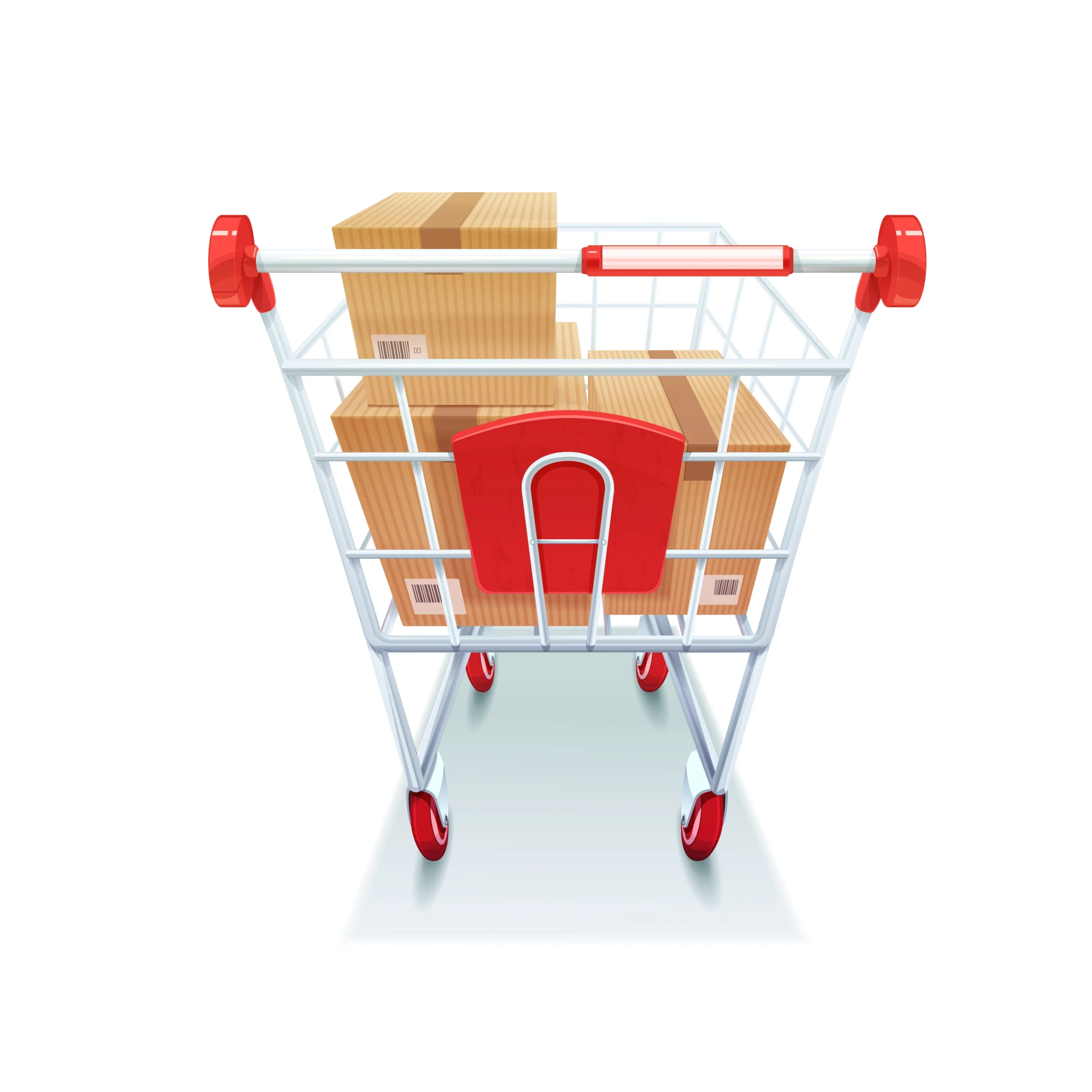
5. Review Customization Options
Not all businesses have the same requirements. Some operations need tailor-made solutions to maximize efficiency. The ideal manufacturer should offer customization options for:
- Dimensions and load capacity.
- Number of shelves or compartments.
- Wheel type (rubber, polyurethane, pneumatic).
- Braking systems for added safety.
- Special materials for hygiene-sensitive environments like food or pharmaceuticals.
Customization ensures your material trolleys integrate seamlessly into your workflow instead of forcing your processes to adapt.
6. Compare Pricing Without Sacrificing Quality
While budget is important, the cheapest option may not always be the most cost-effective. Low-cost trolleys may wear out quickly, require frequent maintenance, or cause operational delays.
When comparing prices:
- Request detailed quotations from multiple manufacturers.
- Check what’s included—delivery, installation, or warranties.
- Consider the total cost of ownership, not just the purchase price.
A fair price backed by solid product quality and service will yield better long-term returns.
7. Investigate Lead Times and Supply Capabilities
Delays in receiving material trolleys can impact your production schedules and order fulfillment. When evaluating suppliers, ask about:
- Average lead time for standard and customized orders.
- Manufacturing capacity for bulk orders.
- Stock availability for urgent requirements.
A reliable manufacturer should have the resources to handle your orders promptly without compromising quality.
8. Examine After-Sales Support and Warranty Policies
A manufacturer’s commitment does not end with the moment of sale. Strong after-sales assistance guarantees that your equipment remains in peak operating shape.
Consider the following:
- Length and coverage of warranty.
- Availability of spare parts.
- Repair and maintenance services.
- Technical support for troubleshooting.
A manufacturer with a responsive service team demonstrates a genuine commitment to customer satisfaction.
9. Look for Sustainable Manufacturing Practices
Sustainability is becoming increasingly essential to organisations of all sizes. Choosing a manufacturer that adopts eco-friendly practices can help align your company with global environmental goals.
Sustainable practices might include:
- Using recyclable or eco-friendly materials.
- Implementing waste-reduction strategies.
- Energy-efficient manufacturing processes.
Not only is this good for the planet, but it also enhances your brand image among environmentally conscious clients.
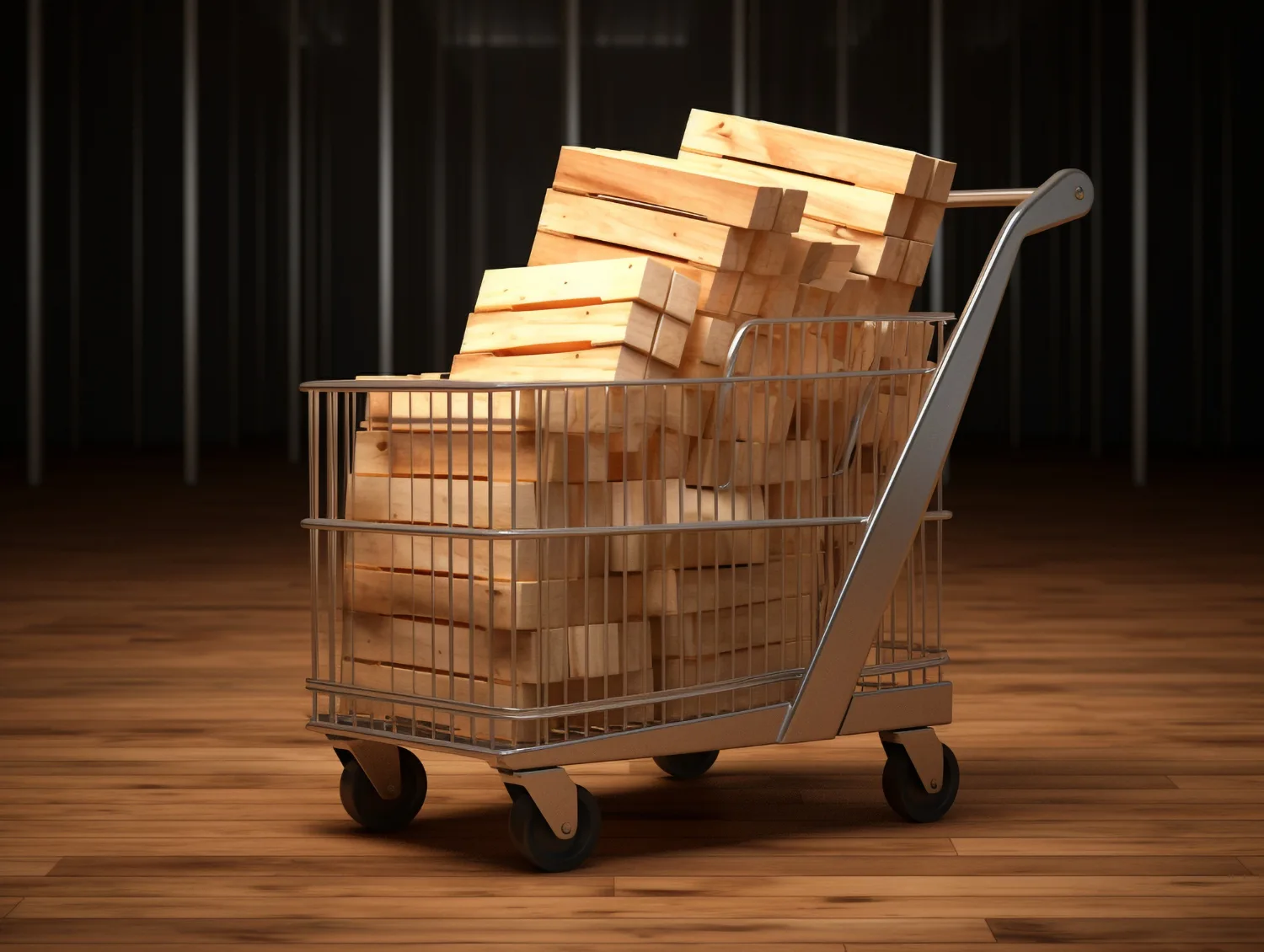
10. Request References and Visit Facilities
If possible, request references from existing customers to get honest feedback about the manufacturer’s reliability, product quality, and service. Visiting the manufacturer’s facility allows you to:
- Inspect the production process.
- Assess quality control measures.
- Meet the team behind the products.
This hands-on approach gives you confidence in your choice.
11. Consider the Manufacturer’s Global Reach and Distribution Network
If your operations span multiple locations or countries, partnering with a manufacturer with a strong distribution network is beneficial. It ensures you receive consistent products and services across regions.
Global reach often indicates a company’s operational strength, adaptability, and ability to meet varying regulatory requirements.
12. Red Flags to Avoid
When choosing a material trolley manufacturer, watch out for:
- Lack of transparency in pricing or processes.
- Poor communication or delayed responses.
- Absence of quality certifications.
- Overpromising and underdelivering.
If a manufacturer hesitates to provide references, product specifications, or certification documents, consider it a warning sign.
Conclusion:-
Selecting the right material trolley supplier is more than just a purchasing decision—it’s a strategic investment in your business’s operational efficiency and safety. By understanding your needs, assessing product quality, ensuring compliance, and considering after-sales service, you can partner with a manufacturer who will support your business for years to come.
In a competitive market, doing your due diligence will help you avoid costly mistakes and ensure you receive equipment that truly meets your operational demands. Whether you’re a small business or a large-scale operation, the right partner can make all the difference. For businesses looking for both quality and reliability, finding a trusted Warehouse Trolley Manufacturer is a key step toward long-term success.
Frequently Asked Questions:-
1. What factors should I consider when choosing a material trolley manufacturer?
- When selecting a manufacturer, consider their experience, product quality, compliance with safety standards, customization options, pricing, lead times, after-sales service, and sustainability practices.
2. How do I know if a manufacturer’s material trolleys are durable?
- Check the materials used, load capacity, wheel quality, and surface finish. Durable trolleys are typically made from strong metals like steel or aluminum, have high-quality wheels, and include rust-resistant coatings.
3. Why is customization important for material trolleys?
- Customization ensures the trolley is tailored to your specific operations, improving efficiency. You can adjust dimensions, load capacities, wheel types, and special features to fit your workflow.
4. How can I verify a manufacturer’s credibility?
- Review their track record, request client references, check for certifications, read independent reviews, and visit their manufacturing facilities if possible.
5. What are common red flags when selecting a material trolley manufacturer?
- Be cautious of manufacturers with poor communication, a lack of transparency in pricing, missing certifications, an unwillingness to share references, or a history of late deliveries.

